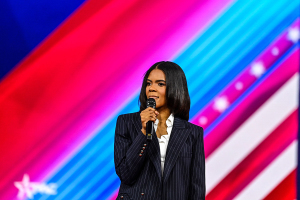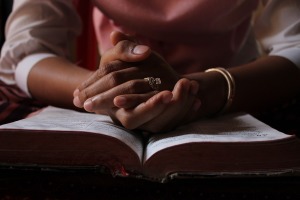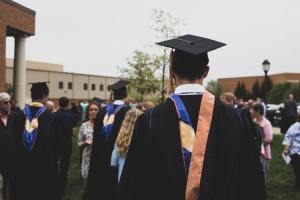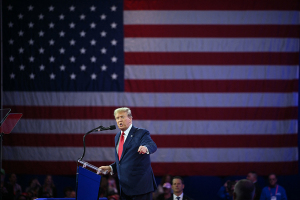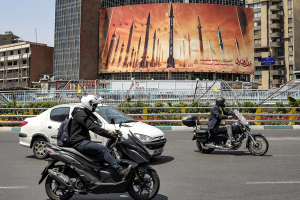What 'Chariots of Fire' can teach us about how to respond to COVID-19
In 1924, Scottish track athlete Eric Liddell was the favorite to win the 100-meter dash at that year’s Olympics. All of Scotland pinned its hopes on Eric to win the country’s first ever gold medal. But then disaster struck.
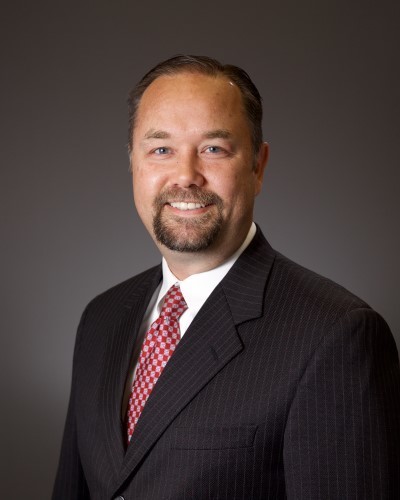
Eric learned that the heats for the 100-meter race were scheduled on a Sunday. For most people, this would pose no problem. Sunday is just another day of the week. But to Eric, this was an insurmountable obstacle. As a devout Christian, Eric believed Sunday was the Lord’s Day — a day of rest and worship, not running.
So Eric did the unthinkable. He withdrew from the 100-meter race.
The world was aghast. Scotland was apoplectic. How could Eric be so selfish? Was Eric really willing to deny his countrymen the opportunity to bask in the glory of their first gold medal just to abide by some silly religious ritual?
Eric was unmoved. He believed the Sabbath was to be observed all day, not just part of the day.
In "Chariots of Fire," the movie portraying his story, members of the British Olympic Committee met with Eric to persuade him to change his mind. But Eric did not budge. Two committee members then had this conversation:
“The lad, as you called him, is a true man of principles and a true athlete. His speed is a mere extension of his life, its force. We sought to sever his running from himself.”
“For his country’s sake, yes.”
“No sake is worth that. Least of all a guilty national pride.”
Given the current debates about how far government can go to curb a pandemic, this conversation is apt. Many well-meaning state and local leaders have overstepped their constitutional authority by imposing overbroad restrictions that violate our fundamental liberties.
Many well-meaning members of the media, medical professionals, health experts, and political commentators, are telling us that we must accept these restrictions for our country’s sake. In other words, we are being told that we must sacrifice our fundamental freedoms — the core of who we are as Americans — for the sake of beating COVID-19. They say this is the only way: Give up your freedoms (even if just temporarily) or risk the worst for your country.
But what if these experts are overlooking the risks of compromise? This is a tough question. It appears that many of today’s leaders, experts, and commentators fail to see that America’s greatness is tied to its fundamental liberties. An America without constitutionally guaranteed liberties is an America separated from itself. And an America without freedom is an America that ceases to be great.
Thankfully, Eric Liddell’s story shows us there is another way — that we don’t have to sacrifice our core principles to achieve victory.
After Eric chose not to run in the 100-meter race, he decided to run in the 400-meter race. The experts scoffed. After all, the 400-meter race is completely different than the 100-meter race. It requires a different strategy and skill set. Eric was a sprinter, not a middle-distance runner. One of Eric’s competitors said his coach told him not to worry about Eric “because he was a sprinter and would pass out 50 yards from the finish.” But Eric was undeterred.
The day of the race, Eric faced another barrier. He drew the outside lane, widely considered the worst position. The outside lane starts far in front of the other competitors, making it impossible to compare one’s progress with those of the competitors. Sure enough, unable to see his competitors and unfamiliar with the pacing required of a longer distance race, Eric started out at a blistering pace. No one believed that he would be able to keep this pace for the entire race. At the halfway point, Eric was ahead by three meters. Everyone was waiting for Eric to fade. Yet, to the world’s surprise, Eric began increasing his lead as they went into the final stretch. And Eric went on to win by five meters — an unfathomable distance — over his nearest competitor and set a new world record.
No one doubts Eric had phenomenal talent. But Eric did not win because he was a better 400-meter runner than the other competitors. Eric won because he was running for something bigger than himself. He was running for God. He was running to show the world that it’s possible to stick to your principles — no matter what others were saying— and still achieve victory.
The same is true for America today. America has always defied the odds, proved critics wrong, and found a way to overcome. And will do so again — as long as we remember and respect the freedoms that have made our country great.
We don’t have to sacrifice these freedoms to beat COVID-19. In fact, our freedoms are what have allowed us to overcome insurmountable odds in the past. And our freedoms are what will allow us to overcome the odds we face now.
We must never forget: America is great because of its freedom. As President Reagan so eloquently said, “America is a shining beacon upon a hill whose beacon light guides freedom-loving people everywhere.”
May we never let that light go dark.
Tyson Langhofer is senior counsel with Alliance Defending Freedom (@AllianceDefends).
















